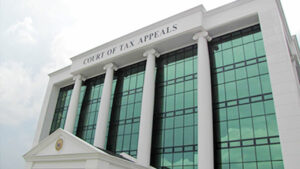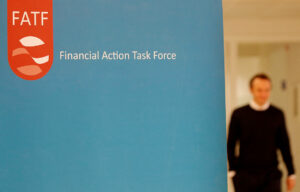CTA grants San Miguel Brewery’s refund claim worth nearly P147M

THE COURT of Tax Appeals (CTA) has granted San Miguel Brewery, Inc.’s refund worth P146.87 million representing an overpayment of excise taxes on its beer products for the taxable year 2018.
In a 30-page decision dated July 5, the CTA Special Second Division said the commissioner of internal revenue imposed an excise tax 4% higher than what was required under the National Internal Revenue Code of 1997.
The tribunal said San Miguel Brewery was able to back its claim through its excise tax returns and bank confirmation slips.
The firm also proved that it had removed some of its beer products from six brewery plants in Polo, Valenzuela; San Fernando, Pampanga; Sta. Rosa, Laguna; Bacolod City, Negros Occidental; Mandaue City, Cebu; and Davao City.
The subject beer products were included in San Miguel Brewery’s excise tax payments for 2018, which contributed to the overpayment.
The Tax Code as amended by the law on excise tax on alcohol and tobacco, excise tax rates on liquor must be P1 per liter in case the net retail price per liter of the product is P50.60 or less, and P20 if it is higher than P50.60.
Under a 2012 Bureau of Internal Revenue (BIR) memorandum, the tax agency imposed excise tax rates per liter of fermented liquors of P15.49 or P20.57 regardless of whether the net retail price per liter of the volume of the liquor product is below or more than P50.60.
The Supreme Court considers revenue memorandum circulars issued by the BIR as “general interpretations of tax laws” that could be scrutinized by a court of law.
“Granted, the interpretation [of tax laws] placed upon a statute by executive officers, whose duty to enforce it, is entitled to great respect by the courts, such interpretation is not conclusive and will be ignored if judicially found to be erroneous,” CTA Associate Justice Lanee S. Cui-David said in the ruling.
“Thus, courts will not countenance administrative issuances that override, instead of remaining consistent and in harmony with the law they seek to apply and implement.” — John Victor D. Ordo?ez




